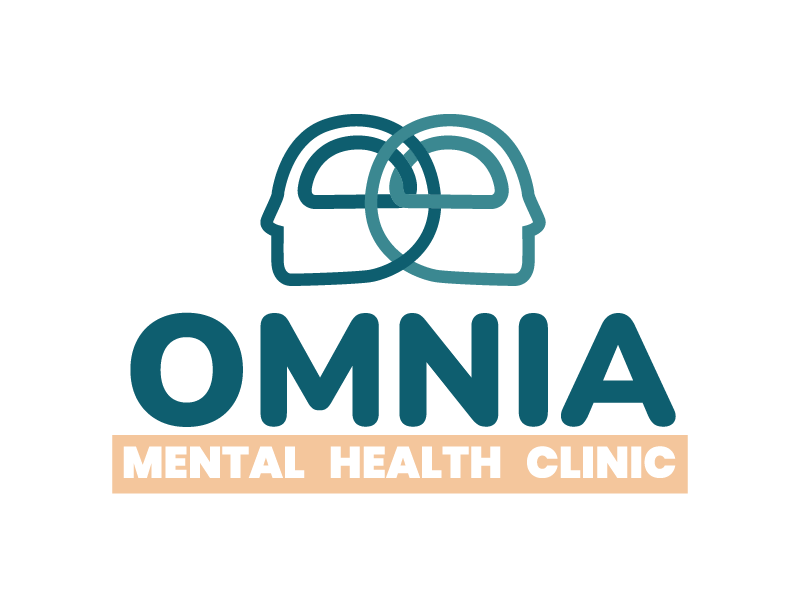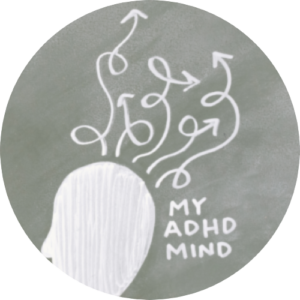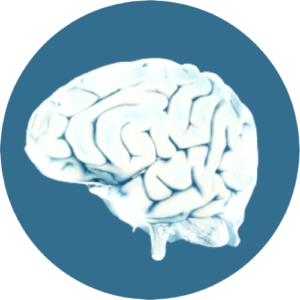
Assessments
All assessments are carried by clinicians registered by their respective official professional bodies in Ireland like Psychological Society of Ireland, CORU, Irish Medical Council amongst others.
Attention Deficit Hyperactivity Disorder (ADHD)

Attention Deficit Hyperactivity Disorder (ADHD)
Assessment (Children and Adults)
ADHD is one of the most common pediatric neurodevelopmental disorders. It is commonly diagnosed in childhood and in some cases in the adulthood. Children and adults with ADHD may have difficulty paying attention, restraining impulsive behaviors (doing without considering the consequences), or be extremely active (hyperactive) amongst other symptoms.
Signs and Symptoms
It is common to have difficulty focusing and controlling impulsive behaviors. These symptoms persist and can be severe, causing problems at school, at home, and with friends.
A person with attention deficit hyperactivity disorder (ADHD) might:
- Experience a lot of daydreaming
- Be forgetful or frequently lose things
- Squirm or fidget excessively
- Make careless mistakes
- Take unwarranted risks
- Have difficulty avoiding temptation
- Have difficulty taking turns
- Have a hard time getting along with other people
Autism Spectrum Disorder Assessment

Autism Spectrum Disorder Assessment
ASD (Autism Spectrum Disorder) is a neurodevelopmental condition that approximately one percent of the population. The cause of this condition has not been discovered yet and, it is under research nowadays. Scientists believe that ASD is caused by a combination of factors.
People with ASD might have a wide range of abilities. Some persons with ASD, for example, may have strong communication skills while others are nonverbal. Some persons with ASD require a lot of assistance in their daily life, while others can work and live independently.
Best practice guidelines in the diagnostic assessment of Autistic Spectrum Disorders indicate that the gold standard is clinical judgement, in conjunction with the use of a detailed clinical interview with the parents and an observational assessment of the child. An assessment by a multidisciplinary team of professionals is advised. The tests used are ADOS-2, ADI-R and standardised cognitive assessment like WISC-V, WIPPSY-IV, WAIS-IV or Bayley-IV and an adaptive assessment like Vineland-3, according to the patient’s needs.
Cognitive assessments in elderly citizens

Cognitive Assessments in elderly citizens
What Is a Cognitive Assessment?
Because older adults are more at risk for illnesses that cause cognitive deficits, cognitive testing will be routinely administered at wellness exams. Many of the causative disorders can be treated or slowed down if they are detected early, thus older persons should be examined on a regular basis. This is especially true for persons suffering from alzheimer dementia. However, cognitive testing is available to people of all ages, and not all symptoms and diseases that contribute to cognitive impairment are caused by age.
If you have any of the following symptoms, you should seek cognitive testing:
- Not being able to recall appointments or social gatherings
- Frequently misplacing items in your home and asking the same questions
- Understanding or remembering movies or TV shows is difficult
- Making lists because you’re having trouble digesting information that’s been given to you
- Forgetting important details from your past
- Getting misplaced
Educational/Learning Assessments (Dyslexia & Dyscalculia)

Educational/Learning Assessments (Dyslexia & Dyscalculia)
What Is Dyslexia?
Dyslexia is a reading-related learning problem. Dyslexics have difficulty reading at a fast rate without making mistakes. They may struggle with reading comprehension, spelling, and writing as well. These difficulties, however, are not due to a lack of intelligence.
People with dyslexia often have difficulty in reading fluency. People with dyslexia frequently read slowly and commit errors in this process. This may have an impact on how well they understand what they’re reading. When other people read to them, though, they frequently understand the text without difficulty.
Dyslexia can also make it difficult to learn new skills. These are some of them:
- Reading comprehension
- Spelling
- Writing
- Math
What Is Dyscalculia?
Dyscalculia is a mathematical learning difficulty. People with dyscalculia struggle with math on a variety of levels. They frequently struggle with fundamental ideas such as greater vs. smaller. They may also struggle with simple math tasks as well as more sophisticated concepts.
How Dyscalculia Is Diagnosed
An evaluation is the only method to receive a diagnosis. This can be given to anyone at any time. Adults and children are assessed using different tests.
Neuropsychological Assessments

Neuropsychological Assessments
A neuropsychological evaluation is a evaluation of how one’s brain works, which provides information about one’s brain’s anatomical and functional integrity. An interview and a battery of tests are part of the neuropsychological evaluation. Typically, the tests are done on pencil, paper or computer based format.
Psychological Assessment

Psychological Assessment
Psychological evaluation consists of clinical interviews and tests conducted by a Clinical Psychologist Consultant in order to collect information about your thoughts, feelings and behaviours.
A psychological assessment includes details about your life, medical history, family, background, and symptoms to evaluate your current mental status. Upon evaluation, our senior Clinical Psychologists will determine a diagnosis and recommend the most appropriate treatment plan.
Sport /Performance Psychology

Sport /Performance Psychology
Performance Psychology: Identifies and applies psychological principles that meet individual needs and support achievement of optimal performance. Can be applied to different contexts including sport, work, recreational and/or health. Whether you are aiming to improve Physical Activity participation and wellbeing or prepare for the Olympics we will support you in finding your inner strengths and achieve peak potential.
Please complete the information below, and we will respond to you as soon as possible.
Opening hours
Monday - Sunday (9AM-9PM)